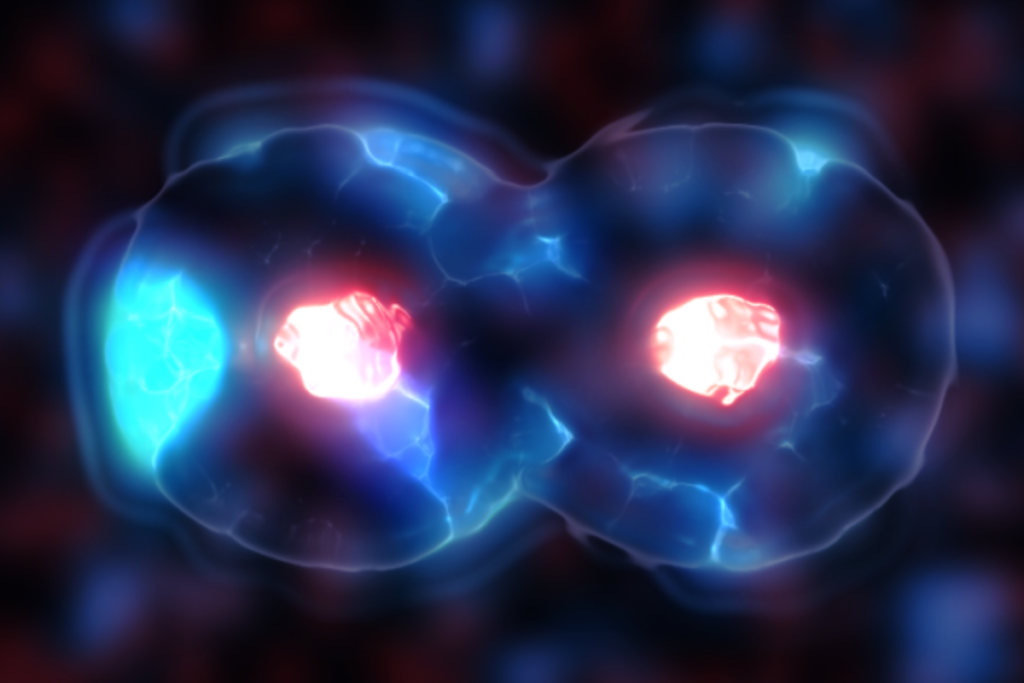Due to their relevance in tumor formation and resistance to chemotherapy drugs, tumor stem cells can be considered a key player in the fight against cancer. Completely destroying them can mean the total elimination of the disease, avoiding tumor recurrence.
With characteristics similar to normal stem cells, tumor stem cells have the ability to give rise to any of the cell types found in different forms of cancer. Because they can divide and give rise to tumors, tumor stem cells represent an important target of research among experts in the field.
In a recently published study, researchers from Princeton University in the USA revealed the mechanism that allows tumor stem cells to evade the immune system and generate tumors in other organs, namely metastases. Cancer stem cells use genetic programs similar to those of normal stem cells to acquire new properties. This gives them the ability to adapt to become more aggressive. Therefore, they are responsible for initiating tumor growth, metastasis, and chemotherapy resistance.
About cancer stem cells
Cancer stem cells, known as CSCs, are a group of tumor cells with stem cell characteristics, capable of self-renewal, multi-lineage differentiation, and tumor formation. Since CSCs are resistant to conventional radiotherapy and chemotherapy, their existence may be one of the causes of cancer treatment failure and tumor progression. Therefore, studies suggest that eliminating cancer stem cells may be effective for eventually eradicating the tumor.
Due to the therapeutic effects that do not involve the major histocompatibility complex (MHC) and the unique characteristics of CSCs, therapy with chimeric antigen receptor T cells (CAR-T) is expected to be an important method for eliminating cancer stem cells.
As a result, there are already ongoing research and clinical trials targeting CSCs with CAR-T cells.
Advances in clinical studies
A recent study published in April 2023 in the journal Science Translations Medicine showed that patients receiving CAR-T cells enriched in memory T cells exhibit better cancer control as a result of increased expansion and persistence of CAR-T cells.
The study also revealed that human memory T cells include progenitors of CD8+ memory T cells, similar to stem cells, which can become functional stem cell-like T cells (TSTEM) or dysfunctional exhausted progenitor T cells (TPEX).
Researchers developed a production protocol to generate CAR-T cells similar to TSTEM enriched for gene expression in cell replication pathways. Compared to conventional CAR-T cells, CAR-T/Tstem-like cells increased proliferative capacity and cytokine secretion after CAR stimulation, including chronic CAR stimulation in vitro.
These responses were dependent on the presence of CD4+ T cells during the production of CAR-T/Tstem-like cells. Adoptive transfer of CAR-T/Tstem-like cells induced better control of established tumors and resistance to tumor re-exposure in preclinical models. These more favorable results were associated with increased persistence of CAR-T/Tstem-like cells and an increase in the pool of memory T cells.
Finally, CAR-T/Tstem-like cells and treatment with programmed cell death protein 1 (PD-1) blockade eradicated established tumors, which was associated with an increase in tumor-infiltrating CAR+ CD8+ T cells producing interferon-gamma.
In conclusion, this recently published study showed that the CAR-T cell protocol generated CAR-T/Tstem-like cells with greater therapeutic efficacy, resulting in increased proliferative capacity and in vivo persistence.
Conclusion
Studies show that the use of CAR-T cells can contribute to the eradication of cancer stem cells. Despite the positive results in hematological cancers, there are still few advanced clinical studies in solid tumors.


